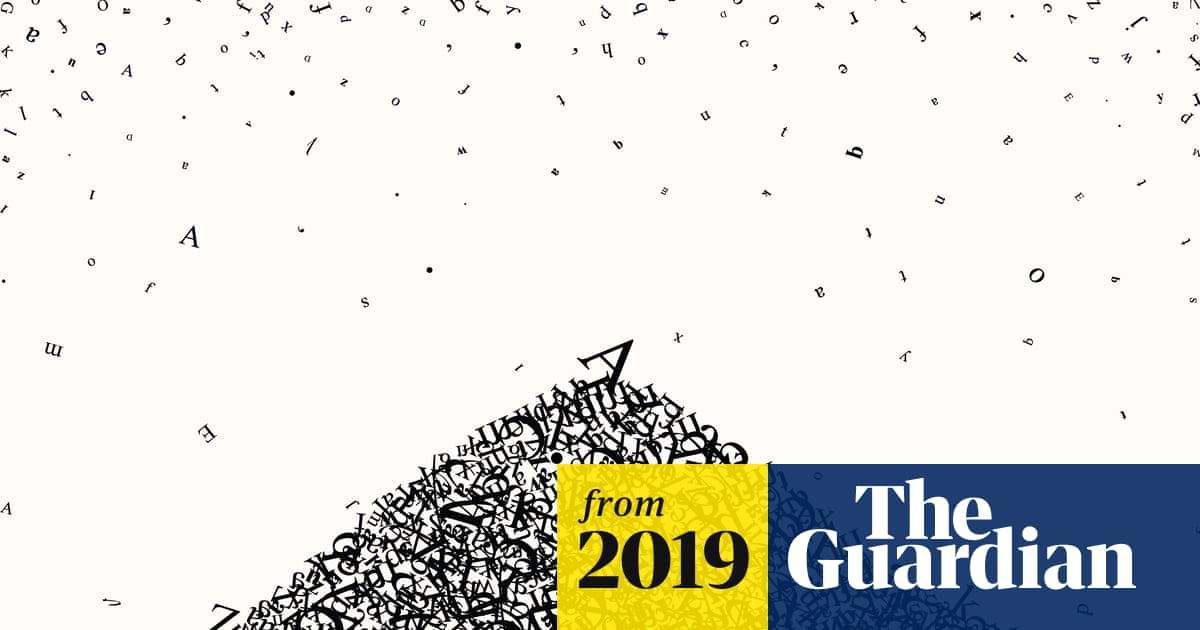None
In this chapter, the author argues that ecological grief is not a natural response to environmental losses, but rather a rhetorical achievement that requires specific conditions to be met. The author contends that while it is understandable to feel grief for extinct species or imperiled landscapes, this feeling may not necessarily arise on its own. Instead, the rhetorical practices of authors, artists, and activists play a crucial role in creating the conditions under which we might be moved to feel ecological grief.The author suggests that ecological grief is not a natural emotion but rather a cultural construct that requires specific rhetorical conditions to be felt. These conditions include the ability to recognize and interpret environmental losses, as well as the capacity to empathize with non-human entities. The author argues that these conditions are not necessarily inherent to human nature but rather are shaped by cultural and historical factors.The author also emphasizes the importance of understanding the rhetorical practices that shape our relationship with the environment. By examining how authors, artists, and activists use language and imagery to convey environmental messages, the author argues that we can better understand how to create conditions under which ecological grief might be felt.Overall, the chapter challenges the assumption that ecological grief is a natural response to environmental losses and instead argues that it is a rhetorical achievement that requires specific cultural and historical contexts to be felt. The author suggests that by examining the rhetorical practices that shape our relationship with the environment, we can better understand how to create conditions under which ecological grief might be felt and how to move others to feel it as well.





